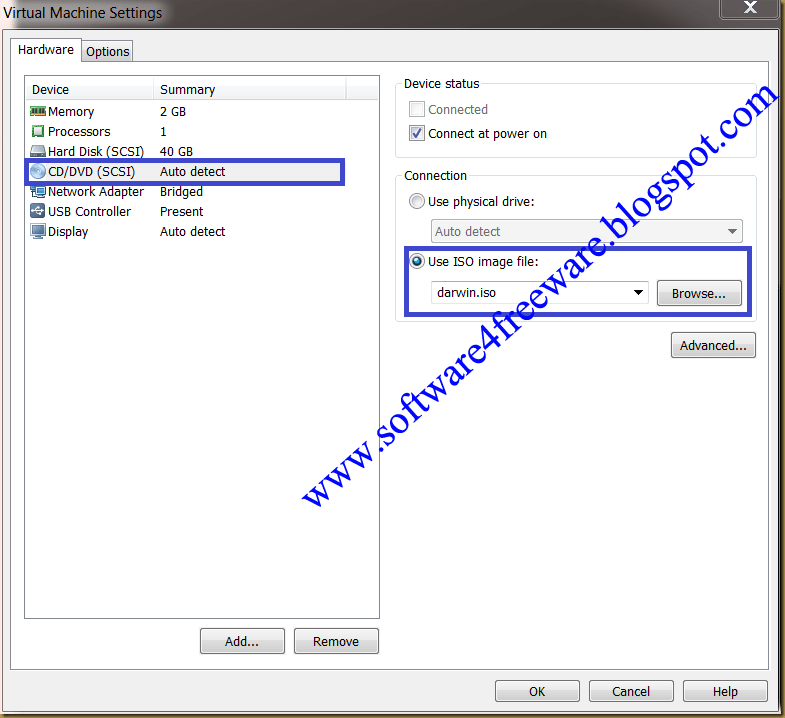An eidetic memory (or photographic memory) is the ability to remember vivid images and sounds with astonishing precision. The term comes from the Greek word eidos which means seen and refers to the extraordinarily vivid recall of visual scenes. The simple answer is that the photographs in my memory are so fragmented and so cluttered that it consumes a whole lot of my energy just to visualize one chosen memory. I have what I call an eideticphotographic memory, meaning that every detail is remembered in the short term and upwards of ninety percent is retained in the long term. Eidetic tends to be the directly afterwards part of memory, while photographic lasts for years or my entire life. Some people might be born with an eidetic memory, the rest of us simply have to utilize lifestyle and training elements to develop a photographic memory. Lifestyle Proper supplementation, diet, exercise, meditation, and perfecting your sleep. The Develop A Photographic Memory audio MP3 is designed to be used concurrently with your copy of Awaken Your Photographic Memory eBook, as the proprietary subliminal technology aims to unlock your subconscious mind and allow you access into the dormant parts of your mind responsible for unlimited memory retention. Learning how to develop a photographic memory would benefit absolutely anyone. Imagine having the ability to recall an image of anything youve seen in the past. Think of how easy tests would have been. Honestly, it would basically be a superpower. So, while photographic memory may be real, it still takes conscious effort to memorize, and even then, some aspects of the entire picture may be biased toward that persons expectations. Researchers at the University of Iowa Department of Psychology have developed a test, along with Bang Goes the Theory and The Open University, so you can see. Some people even claim to have a photographic memory. This means they can recall things they've seen or read with almostperfect precision, even down to the smallest of details. Photographic memory is the common name for eidetic memory. Photographic or eidetic memory, as it is called, is one's ability to recall most details of a visual or auditory stimulus, to which one is exposed for a short duration. A photographic memory known as an eidetic memory is a loose term used to describe the ability to recall visual information from memories with very little exposure to them. Eidetic memory, the medical term for superaccurate memory, is a power we would all like to have. Thanks to the internet (and science obviously) there is a test that can tell you how good your. For your first memory palace, Id like you to use the house you grew up in, since thats a space youre likely to know very well, Ed said. 2) Construct The Images The things you want to remember (like the items on a grocery list) need to each be associated with an image you wont forget. Whilst the two terms are commonly used interchangeably, they do actually have separate definitions someone with an eidetic memory can remember memories like a photograph for a few minutes, whereas someone with a photographic memory can read through a page of text or information and can then recite it. Dare not walk through the light. Athens, Greece The memory palace The idea dates back to the fifth century B. and was first synthesized in Cicero's Rhetorica ad Herennium. So what does a palace have to do with remembering your shopping list. These people had trained their minds based on the art of memory to be able to have a photographic memory for certain details and areas of knowledge ( like remembering long numbers, texts and so on). Let me explain what i mean by photographic memory for a specific knowledge: let's take for example a very long number. Some initial tests have suggested that quite a number of children, and perhaps adults too, have a special ability something like a photographic memory, called eidetic imagery. This allows them to continue to see an image, in detail, for a short while even after it is taken away. Most of us do have a kind of photographic memory, in that most people's memory for visual material is much better and more detailed than our recall of most other kinds of material. Photographic memory and its probably nonexistence. A good memory is a very useful tool for exams. Whether you are sitting your first set of GCSEs or retaking AS or A2 modules memory will be an important element determining your performance. We have a cultural tendency to label people with extraordinary memory abilities as possessing photographic memory. For example, Stephen Wiltshire is a. Numerous scientific studies have suggested that the photographic memory is probably purely legendary, as no demonstrations of a truly photographic memory have ever been documented. Some people, however, have what is known as an eidetic memory, a. Paradoxically, it's an eidetic memory that has the ability to recall mental images in photographic detail, whereas a photographic memory isn't about images so much. After all, a perfect memory is what is usually implied by the commonly used phrase photographic memory. As it turns out, however, the accuracy of many eidetic images is far from perfect. They have to have a system to teach operatives in a short amount of time how to develop a photographic memory. You have to be able to learn a language fluently, be able to memorize a book or newspaper WORD for WORD. Photographic memory doesn't exist. Some people have excellent memories and other can develop their memory through association, imagery, linking, etc. , but the idea of recalling something like a picturethe human brain doesn't work that way. Photographic memory is a rare element that is found in less than 10 of the population. It will often be found in children, and most of them. Each question, you will be shown a photo. Then, wait a few seconds and look at the question about that photo. Try your best to get it correct and remember: no c Best Answer: A photographic memory is being able to look at an image for less then 10 seconds, and once the image is gone, they can still see it in exact detail. Also being able to listen to something once and be able to repeat it in abundant speed and volume. LeBron James is widely cited as the best basketball player in the world. He certainly has the fattest bank balance, earning 86. 79m) in the year to June 2017 according to Forbes. You Have A Photographic Memory If You Can Remember The Exact Shade Of Each Of The Colors We Show You! Only 210 of people have a photographic or eidetic memory. How To Get Photographic Memory Instantly Before you read this post I need you to make me a promise. I need you to promise that you will share this post with at least one friend if you are able to achieve something that you knew (believed) was impossible. A photographic memory can be a very useful thing. You can use it to memorize cue cards for speeches, grocery lists, and phone numbers. Some of the national champions of memorizing can memorize 32 decks of cards, how the decks themselves are in a pattern and how the cards are organized, in an hour. Sometimes confused with Genius Level Intellect and known as photographic memory, Eidetic Memory is a term used to describe the ability of some characters to mentally recall anything and everything a character has ever been allowed to remember over the course of their entire lives. Only 1 Of The Population Can Pass This Photographic Memory Test you agree that you have read and accepted the Publisher Terms and Conditions, the Quizzes Quiz Personality Quiz Games Memory Photographic memory Psychology SuperstarEnglish Test yourself. These are external links and will open in a new window LeBron James is widely cited as the best basketball player in the world. He certainly has the fattest bank balance, earning 86. Photographic Memory: A Look at Eidetic Imagery in the Brain Andrea Goldstein Everyone has a photographic memory. As evidenced by this humorous quotation, the topic of photographic memory is quite prevalent in pop culture. Like much of the often talked about subjects in pop culture, however, the actual phenomenon is not. This seems like as good an opportunity as any to clear up the greatest enduring myth about human memory. Lots of people claim to have a photographic memory, but nobody actually does. I dont have a photographic memory, but I do have the ability to remember most conversations. I can remember, word for word, conversations that happened as long as fifteen gets ago. Some say this is a gift, but it is more like a curse. Eidetic memory ( a d t k; sometimes called photographic memory) is an ability to vividly recall images from memory after only a few instances of exposure, with high precision for a brief time after exposure, without using a mnemonic device. Test promises to prove if you have a photographic memory but only one per cent of people will pass Puzzle tests eidetic memory, the ability to recall images in great detail of the people out there dont have photographic memory. That may not sound like a promising statistic but heres what most people dont understand. Best Answer: Photographic memory is a rare element that is found in less than 10 of the population. It will often be found in children, and most of them will lose this ability by the time they become adults. The concept of photographic memory is so. And then I said to the President, Get this. Do You Actually Have A Photographic Memory? Find out if you can really remember details like a pro! Created by Translated by Fran Harris on December 2, 2014. Created by Translated by Fran Harris on December 2, 2014. A number of people claim to have eidetic memory, but science has never found a single verifiable case of photographic memory. [1 [2 Eidetic imagery is virtually nonexistent in adults. [3 Most people showing amazing memory abilities use mnemonic strategies, mostly the method of loci. Remember: Your memory doesn't have to be photographic to be good it just has to work. Advertisement Health Health Trends Healthy Lifestyle Tips Mind The composer may have had a type of photographic memory that helped him memorize sheet music with astonishing speed. This was aided by his extraordinary ear for music. This was aided by his.











